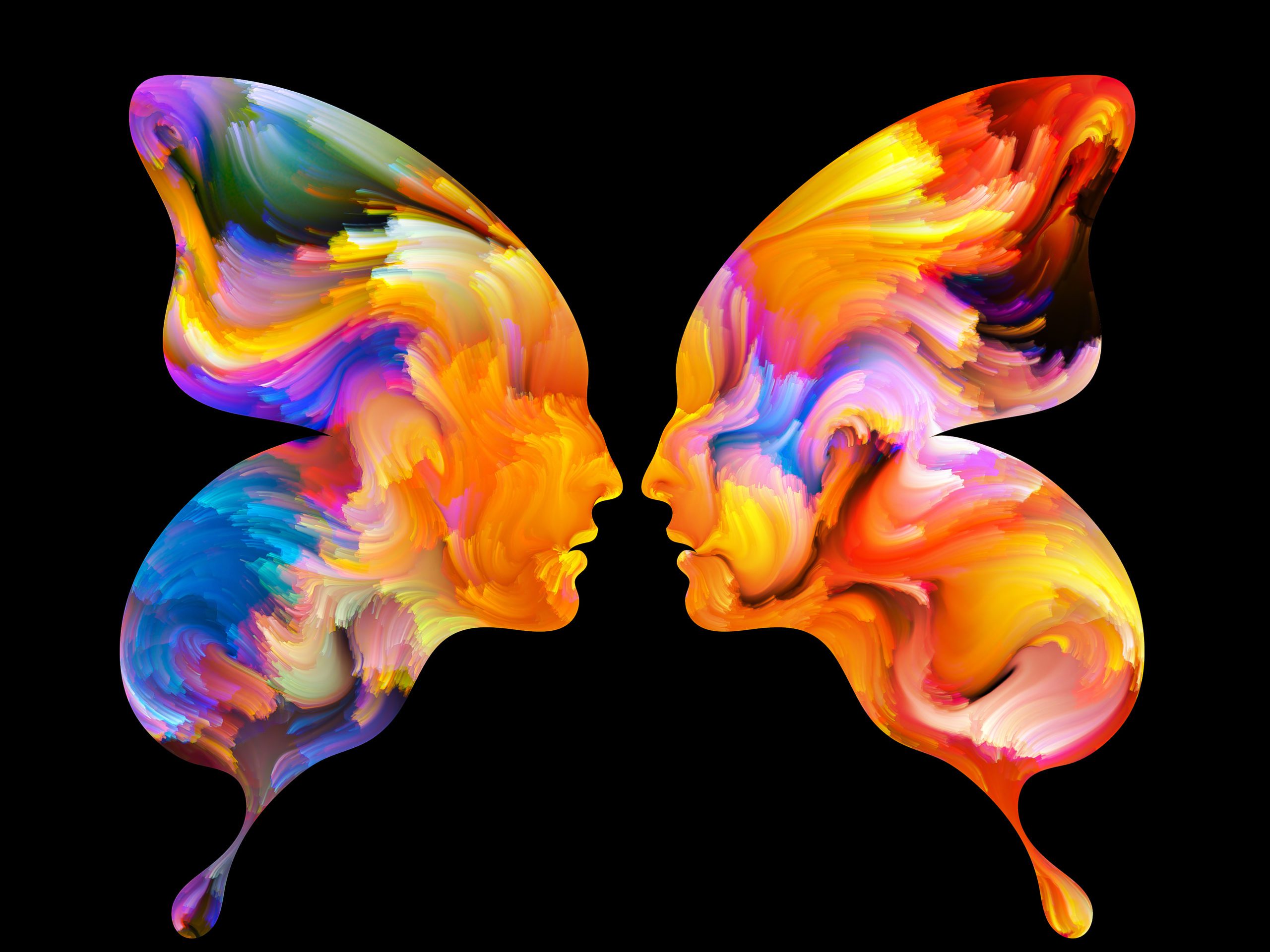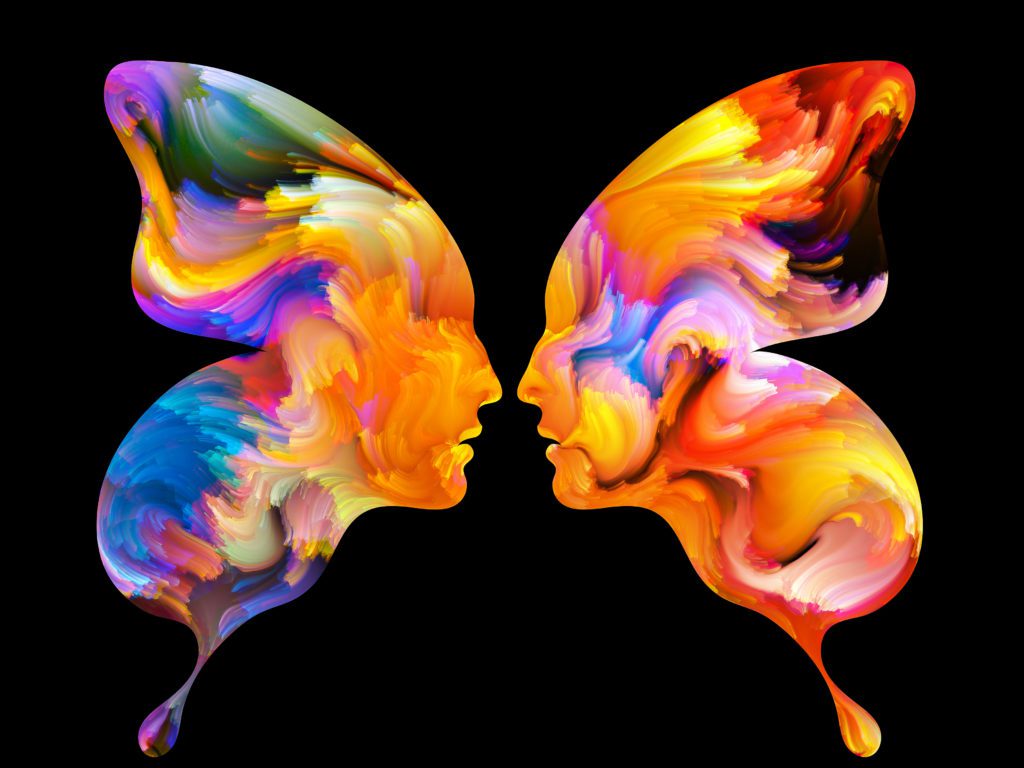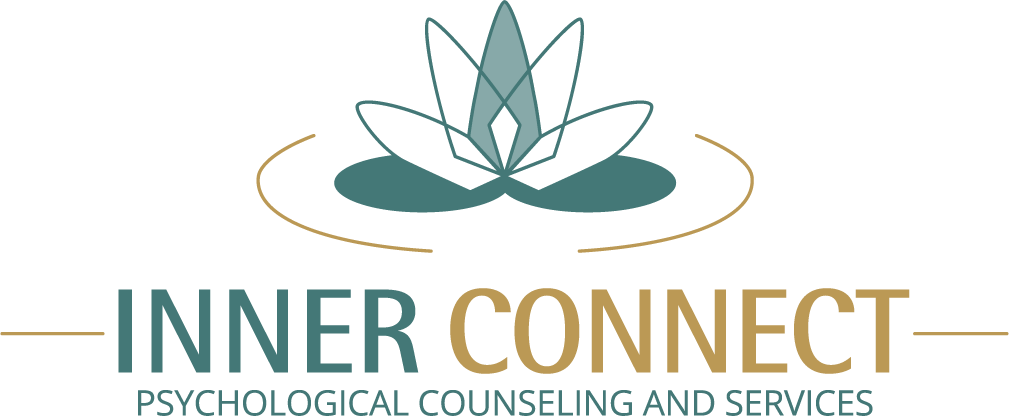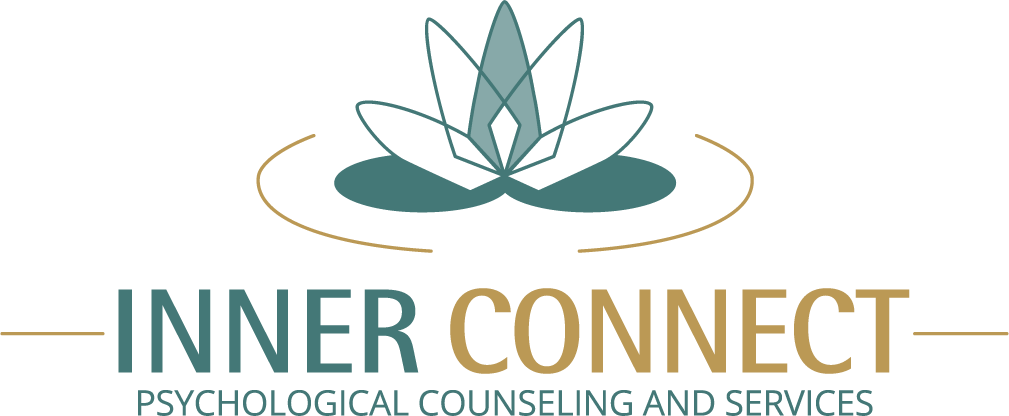
Know Thyself
What to know about knowing yourself

Self-awareness is arguably among the most popularly used philosophical and psychological concepts in our daily lives. From recognising yourself as a distinct individual for the first time to reflecting on your purpose in life, everything you consider under the heading “ME” is a part of your self-awareness. Your thoughts, feelings, and actions towards yourself, others, and everything there is. What’s happening to your body? What’s going on in your mind? What are you focused about? Anything you’re trying to be distant from? What are your values? What are you good/ not so good/ terrible at? What might do you good? What might cause you pain? What do you want from yourself? What do you want from others? And why? You in the past. You in the present moment. Your thoughts and feelings about the future. Self-awareness refers to the state when you become the object of your attention.
Research studies and popular culture is filled with all kinds of information about self-awareness- theories, the many meanings attributed to it, biological correlates, its importance and benefits, potential pitfalls, how to become (more) self-aware…and there is some value in knowing all this and more. Given the enormity and significance of this concept, here is what we believe you’ll most benefit from knowing about knowing thyself:
❖ Knowing thyself never happens once and for all.
You may have certain feelings for someone else today. You may define your personality with some specific characteristics in the present. But that is not to say that that’s all there is and that that’s all there should be to you henceforth. You’re most likely a mixture of some things constant and some things changing. You may have always relished eating a cheese pizza but you no longer like the taste of chocolate ice creams which you devoured as a young kid.
Every experience of yours has the potential to either reaffirm something you know about yourself or show you another facet of yourself. And that effectively means self-awareness is not a homework you do once or several times and be done with. Being self-aware calls for being in touch with yourself as you move from experience to experience.
❖ Knowing thyself has several layers to it (no one knows how many!).
Suppose someone asks if you are ready to be in a committed relationship, and you say, “yes”. Great, that’s you being self-aware. Now, a follow-up question, “What are the qualities you look for in a romantic partner?” And you say, “I’d like him/ her to be smart/ caring/ beautiful/ funny/ loud/ humble…Great. You know what you’re looking for. Another follow-up, “Why someone funny?”…this can go on..
The journey of self-awareness can be compared to unwrapping a dynamic magical box that has several interlinked compartments, some with more subsections than others. New compartments can spring up. Old ones can persist or shrink or vanish.
You may wonder, if self-awareness has no tangible end point or a set path to it, where do I stop or where do I even begin? Oftentimes, your situations tell you what you need to know about yourself. Learning to be receptive to these cues is important.
❖ Self-awareness is NOT necessarily the same as knowing what you’re seeking
At its most basic level, self-awareness is an honest acknowledgment of whatever it is that you figure out about yourself. Say you don’t know if you’re ready to be in a committed relationship, then self-awareness would mean you acknowledge just that. As counter intuitive as this may sound, knowing that you don’t know something about yourself is also being self-aware in that moment. This recognition may (or may not) prompt you to further introspect and seek clarity. And whenever it is that you achieve this clarity, it gets added to your self-awareness.
❖ Knowing thyself can happen in different ways for different people.
You can learn things about yourself when you’ve consciously set aside time to do so, say for journaling, meditation, seeking feedback from others, psychotherapy. You can also have moments of self-awareness in the middle of rather mundane or exciting activities which did not have becoming self-aware as their objective(s). Knowing thyself isn’t bound by time or by a one-size fits all pathway.
❖ Knowing thyself can be comforting and/ or unsettling.
Self-awareness can pave the way for self-acceptance (“This is who I am.”)/ self-rejection (“This can’t be me. This is not me.”), self-love (“I love the person I am.”) / criticism (I am so sick of myself.”).
If you have a vision/ standard for what your ideal self should be like (this vision/ standard usually develops courtesy of your experiences + the expectations, and reactions of others), then every bit of knowledge about your actual current self gets evaluated from that lens. You will feel good if it matches or is close to that standard. You could be distressed if it’s far away from or contradicts your vision. The distress can also prompt you to resort to denial sometimes. You can also be motivated to reduce the gap between your actual and ideal self by reframing your notions of ideal self + taking steps to attain it.
❖ Knowing thyself (or knowing anything in fact) is not half the battle won.
The G.I. Joe fallacy
as proposed by cognitive scientist Laurie R. Santos and philosopher Tamar Gendler mistakenly holds that knowing is half the battle won. Their research proposes that knowing something isn’t enough to change the underlying thought and subsequent action.
Looking at self-awareness from the perspective of the G.I. Joe fallacy, knowing thyself is not enough to build and live the life you want. It’s importance can’t be undermined. But “Now I know!” is often not enough.
We believe in the power of self-awareness to create and sustain meaningful lives. We are here to equip you to become as self-aware as is good for you (because what does becoming more and more self-aware even mean?) and empower you to utilise your self-awareness to enhance your well-being.
References:
- (n.d.). self-awareness – APA Dictionary of Psychology. Retrieved July 2020, from https://dictionary.apa.org/self-awareness
- Yale University. (n.d.). What is the G.I. Joe Fallacy? – Introduction | Coursera. Retrieved August 29, 2020, from https://www.coursera.org/lecture/the-science-of-well-being/what-is-the-g-i-joe-fallacy-3U4aX



